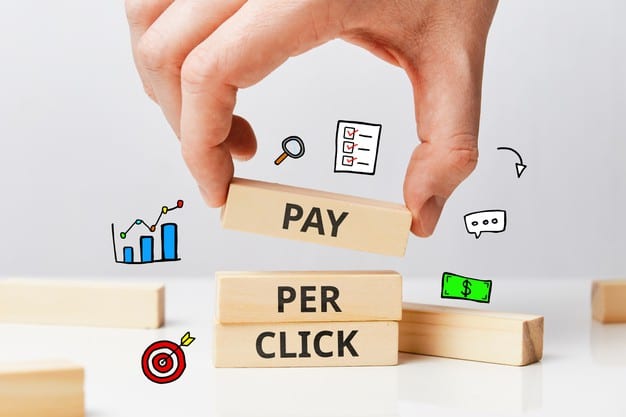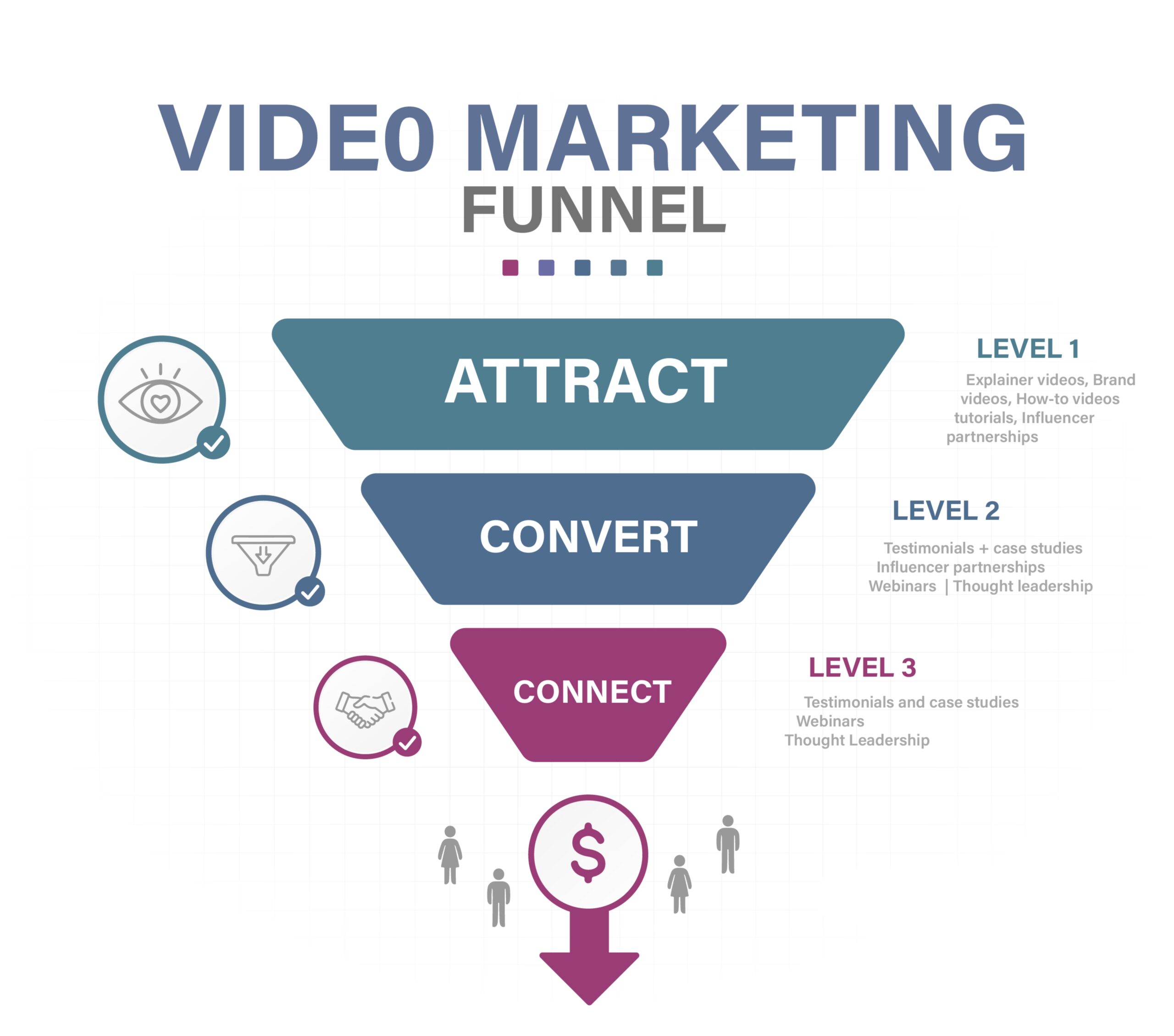Are you feeling a bit confused about Google Ads and how to choose the right agency to work with?
Don’t worry, you’re not alone. Many business owners aren’t experts in the field of Google Ads, and that’s okay.
When it comes to working with a Google Ads management agency, there are two types of agencies: the ones that are in it for themselves and don’t really care about getting results for their clients, and the ones that truly want to help you succeed.
We call the first type “black hat” agencies, and they can cause a lot of problems. But don’t worry, there are also agencies out there that we like to call “unicorns” because they’re truly magical in the results they can get for their clients.
So, how do you know which type of agency you’re working with?
We’ve put together a list of 11 questions that you should ask a Google Ads management agency to make sure you find your unicorn.
And if you’re new to the world of PPC and Google Ads, don’t worry! We’ve got you covered.
This guide includes a section that answers some frequently asked questions about PPC to help you get up to speed before diving in.
First thing’s first… Let’s answer some PPC FAQs
What is PPC advertising? What does PPC stand for?
PPC, or pay-per-click advertising, is a type of online advertising where you only pay when someone clicks on your ad. This is different from SEO (search engine optimization), which is focused on improving your website’s organic ranking in search results without paying for ads. Many digital marketing agencies offer both PPC and SEO services, but they are separate and distinct services.
How does PPC advertising work?
PPC advertising works by bidding on keywords that you want your ads to appear for in search results. For example, if you sell precision machining services for medical devices, you might bid on keywords like “CNC precision machining” and “medical device manufacturing”. When a user searches for those keywords, the Ad Auction algorithm will determine which ads to display and in what order.
How effective are PPC advertising services?
PPC advertising can be highly effective because it is targeted and more likely to result in conversions compared to other advertising methods. Additionally, PPC advertising puts you in a “high commercial intent” category by default, which can help increase the chances of attracting valuable traffic to your website.
What is Google Ads?
Google Ads is a PPC (pay-per-click) advertising platform developed by Google. It allows businesses to create and run PPC campaigns to reach their target audience through the Google Search Network and the Google Display Network.
Google Ads allows you to create, launch, measure, and track PPC campaigns. While anyone can create an account and run campaigns on Google Ads, it is often recommended to partner with a PPC advertising agency to optimize campaigns and get the most out of your investment.
11 Questions to Ask Your Google Ads Agency
Here are 11 questions that you can ask your current or potential Google Ads agencies. They should be able to answer every one of these before you sign a contract.
1. What if we don’t have a Google Ads account already?
If you don’t have an Ads account yet, ask your agency about the process and what assets and credentials it’ll need from you to get started ASAP.
To run a successful campaign, your pay-per-click ad agency should be able to quickly set up your:
- Campaign structures and settings
- Payment options
- Tracking
2. Are you a Google Partner?
This isn’t a deal-breaker, but an official Google Partner agency can make your decision very simple. You’ll know that they have some experience and knowledge, and that they follow Google Ads best practices.
3. Do you have a monthly minimum ad spend?
Many agencies do, so don’t get caught off guard. Any agency should be up-front with their minimums if they have them.
Some agencies bill you based on your ad spend, some on a flat monthly fee, and some on estimated hours. Have a good understanding of how you’ll be billed for management time.
Keep in mind that, in most cases, this is separate from your ad budget.
5. What type of management is included with your management fee?
Beyond the standards listed above, what are you getting for your money?
Make sure there’s clear agreement on the ongoing level and frequency of PPC management. Get specific with your interrogation: What’s included in “management?”
- Keyword grooming?
- New-ad creation?
- Manipulation of existing ads?
Learn everything that’s included in your PPC management contract to avoid unexpected bills. As always, read carefully before signing.
6. Are we able to see actual spending within Google Ads, or do we pay you and you pay the bill?
If you’re paying an ad budget, you should be able to see and track every penny spent within Google advertising. Unfortunately, this is not always the case.
In some instances, you’ll pay an agency a bulk sum and they will pay the ad bill and not provide you “actual spend” numbers.
We’re trying to give neutral answers to most of these questions, but this is the one exception where we’ll say this is a MUST. You should have full access to every penny spent on ads, and be able to see how your budget is being used.
7. If we pay you for our ad budget, what happens to extra dollars if we have extra spend?
If you get caught in a situation like #6, you’ll probably wonder about your excess investment.
Generally, you can expect this to be rolled over into the next month. Ask your Google Ads services agency just to be sure.
8. Do you offer full reporting? Is it included or an additional fee?
One of the main benefits of online sponsored advertising is the ability to collect data on every interaction. When looking for PPC consulting services, it’s important to find a provider that offers transparent and comprehensive reporting and analysis.
Make sure to ask your PPC advertising agency about their reporting schedule and if the reports are included in your management fees. Additionally, inquire about the content of the reports. Will they only provide raw data or will they also include analysis and expert recommendations?
9. What type of strategy do you foresee with our business goals?
At a high level, your PPC agency should be able to discuss different strategies, such as single keyword ad groups (SKAGs) or journey-based advertising, that can help you achieve your business goals. Keep in mind that agencies may not provide a free Google Ads strategy upfront.
A full strategy will typically be developed after you have chosen a vendor. As time goes on, the proposed strategy may evolve to include other digital marketing tactics such as organic SEO and content marketing.
In some cases, the agency may even suggest transitioning away from PPC in favor of other non-paid methods.
10. Can you tell us about similar accounts you’ve managed successfully?
It’s also important to ask about their experience and expertise in your specific industry or market. A good agency will have a deep understanding of your target audience, the keywords and phrases that drive conversions, and the best ways to reach them.
They will also be up-to-date with the latest trends and changes in the PPC advertising landscape and will be able to adapt their strategies accordingly.
Additionally, it’s important to ensure that the agency is transparent and communicative throughout the process. They should be able to clearly explain their approach, tactics, and metrics for success, and be open to feedback and adjustments as needed.
Overall, it’s essential to do your research and choose an agency that has a proven track record of success, is a good fit for your business, and can provide you with the services and support you need to achieve your goals.
11. Can you tell us about your bid/budget management practices?
This should give you an idea of how your account will be managed on a regular basis.
Any pay-per-click advertising campaign worth its salt will include an internal strategy/process that the agency is ultra-transparent about. Look for a Google Ads agency that’s always looking for ways to improve — not one that sets the account on autopilot.
Implementing Google Ads into a marketing mix can be a great way to reach a targeted audience and generate leads. However, it’s important to do your research and find a reputable agency that can help you optimize your campaigns and meet your business goals.
Other ways to optimize your website for traffic and lead generation include:
- Search Engine Optimization (SEO): By improving the visibility and ranking of your website on search engines, you can drive more organic traffic to your site.
- Content Marketing: By creating valuable and informative content, you can attract and engage potential customers, and position your brand as an authority in your industry.
- Social Media Marketing: By engaging with your audience on social media platforms, you can increase brand awareness and drive traffic to your website.
- Email Marketing: By sending targeted and personalized emails to your subscribers, you can nurture leads and convert them into customers.
It’s important to note that all of these tactics can complement each other, and a comprehensive digital marketing strategy should consider all of these elements to get the best results.







